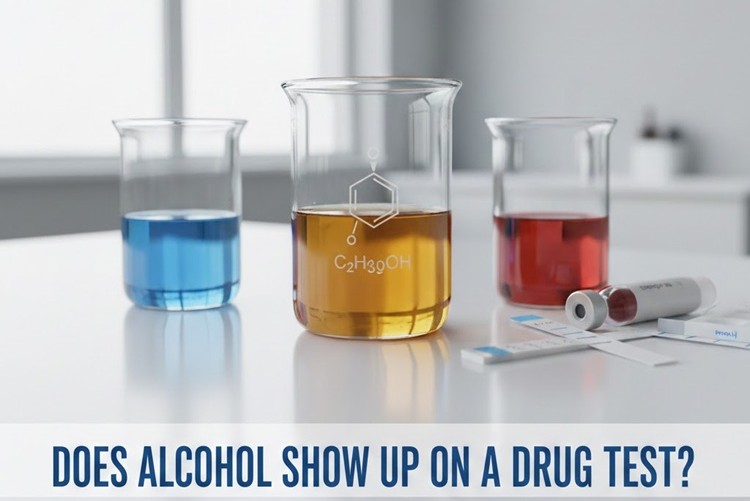Drug addiction is one of the most widespread and serious issues of today’s society influencing millions of people around the world. Addiction is a pathological state that the improper use of any substance can cause, but certain drugs are stronger and at the same time more addictive than others. In this blog, we’ll look at the 5 most addictive drugs, how they affect the brain, and their effects on an individual.
What is Drug Addiction?
Drug addiction is defined as a disease that has an impact on the brain’s circuits and behavior, is characterized by an inability to control drug use. Substances that are taken into the body to the extent that they become addictive affect the brain to the extent that they change the way the brain processes information. This results in a stronger urge to use the substance, as users feel extreme pleasure or, on the other hand, extreme sadness. Long-term use of drugs leads to drug dependence, withdrawal symptoms, and cravings when the drug is not available.
1. Heroin
Heroin is one of the most potent opioids, that are synthesized from morphine; it is reputed to be one of the most addictive drugs. It has one of the highest rates of euphoria and is also one of the fastest to pass through the blood-brain barrier, leading to high addiction rates. After dependence is formed, patients experience many undesirable effects, such as cravings, nausea, vomiting, and physical discomfort.
2. Cocaine
Cocaine which is obtained from the coca plant, is yet another drug that falls under the stimulant category and is highly addictive. What it does is raise dopamine levels in the brain; this is a neurotransmitter associated with the pleasure principle. It has a rapid onset of action but a relatively short duration of effect. Cocaine addicts suffer from extreme highs followed by extreme lows and withdrawal symptoms, which compel the addict to seek more of the drug.
3. Alcohol
Although alcohol is legal and is sold on the common market, there is no doubt that it is a substance that leads to addiction. It can lead to memory alteration, addiction, strange behavior, psychosis, liver failure, heart diseases, cancer, mental disorders, nerve damage, and infections. Excessive drinking has a lot of social and emotional consequences that may result in social deterioration, job loss, or a low quality of life.

4. Opioids
Opioids, such as heroin and morphine, are highly addictive narcotics. They work by acting on opioid receptors in the brain to either alleviate the pain or make them high. Opioid dependency is one of the effects of chronic use of opioids, with the body developing tolerance, and withdrawal symptoms being a common outcome.
5. Nicotine
Tobacco that is used in cigarettes, cigars, and sweet-flavored e-cigarettes contains nicotine, which is among the most used addictive substances globally. It functions in the same way as most drugs of abuse, which produce feelings of pleasure through the brain reward system. Smoking is a type of dependence that is very hard to give up due to its strong physical and psychological grip.
Factors Contributing to Addiction
Several factors can contribute to the development of addiction, including the following:
Genetics: Some people are prone to addiction due to inherited genetics.
Environmental factors: If an individual has been exposed to substances at an early age or is spending more time with peers who are into substance use, then they are also prone to developing addiction.
Psychological factors: Depressed, nervous, traumatized, and people in other similar states who have substances in their bodies may be more likely to develop an addiction.
Seeking Help
There are various effective addiction treatment options, including medication-assisted treatment, behavioral therapies, and individual and group counseling, to help recover from addiction.

The substances that are discussed above are some of the most addictive and strong drugs that are available on the market today. It is therefore important to identify the causes of addiction to be able to combat substance abuse.
Help is available and with the right tools and care, there is a way to find a better state. If at any point, you find yourself or someone you know struggling with addiction, do not hesitate to give us a call at (321) 415-3213 to understand how we can help you.



























